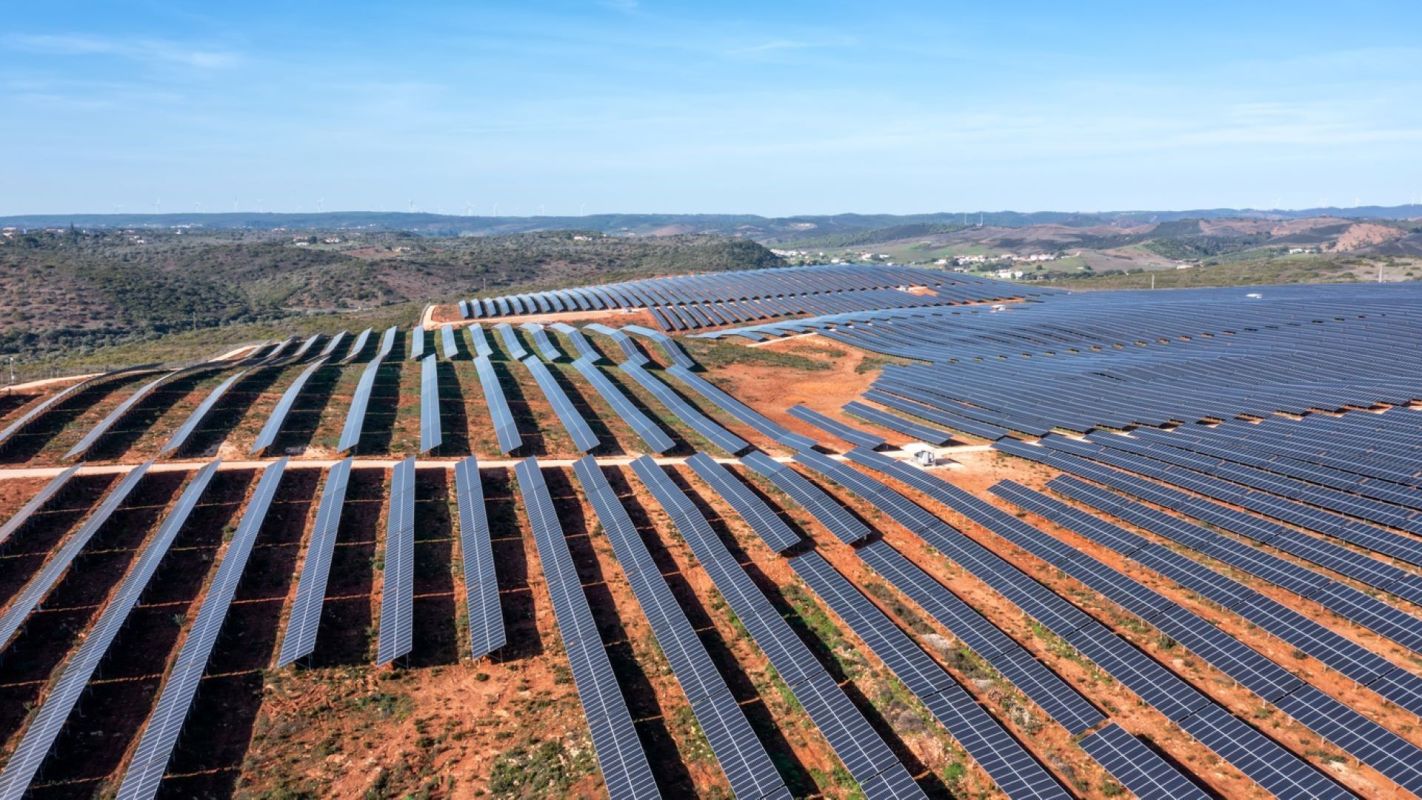A renewable energy company has delivered another boost for clean power in Portugal thanks to a new solar project.
EDP Renovaveis has flicked the switch on at Cerca, a solar farm located across Azambuja and Alenquer that has the potential to provide enough pollution-free power to supply 100,000 homes, Reuters reported.
The 202-megawatt installation is said to be the company's biggest in Europe, according to the news outlet, and it features over 310,000 panels.
EDP Renovaveis, the renewable arm of energy company Energias de Portugal, now says it has installed 540 megawatts of renewable power capacity in the country, and it's seeking to install another gigawatt of capacity by the end of 2026.
"At EDP, we are looking at dozens of new solar projects that will make an important contribution to the path [toward the clean energy transition]," said executive board member at EDP Renovaveis for Europe and Latin America Duarte Bello, per Reuters.
Portugal is one of Europe's leaders when it comes to producing pollution-free power. Grid operator REN reported that renewable resources provided 61% of all electricity in 2023. The aim is to increase this to 85% by 2030, according to Reuters.
Watch now: Solar-powered boats from the Honnold Foundation are making a difference in the Amazon
Of the 2023 total, wind energy was the biggest source, delivering a quarter of the country's electricity needs, per REN.
However, solar energy is increasingly being utilized, and EDP has added the central Portugal farm to a growing list of worldwide installations. It has delivered farms in Brazil, Mexico, and Vietnam, with the capability to provide 200 megawatts of power.
Portugal's shift away from dirty energy should come as no surprise. In 2022, the country experienced prolonged heat waves and drought, which notably affected olive farmers. While there were improvements in 2023's yield, the impact of 2022's extreme weather will likely remain in the minds of both producers and consumers.
According to Eurostat, the price of olive oil in the European Union saw a 50% increase in January 2024 from the same month in the previous year, with Portugal specifically seeing a price inflation of 69%.
TCD Picks » Upway Spotlight

Meanwhile, in August 2023, temperatures of over 113 degrees Fahrenheit were recorded in many parts of the country, and the Algarve region in the south of the country witnessed extreme drought at the start of 2024.
That's why avoiding polluting fuel sources like natural gas is essential to preventing the production of planet-warming gases, which remain in the atmosphere, trapping heat and increasing the chances and intensity of droughts and heat waves.
Thankfully, Portugal is setting an example that the rest of the continent should consider.
Join our free newsletter for cool news and actionable info that makes it easy to help yourself while helping the planet.














